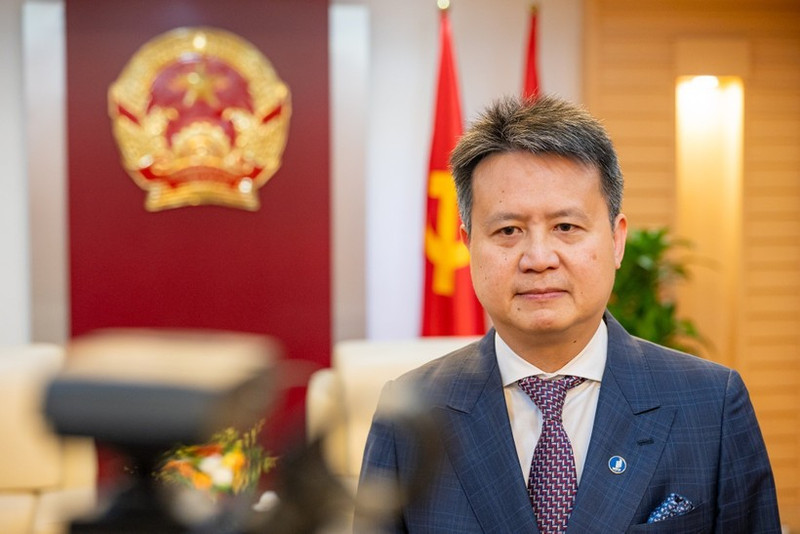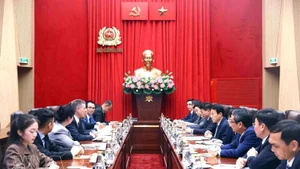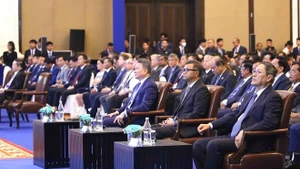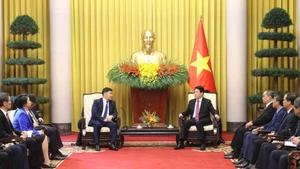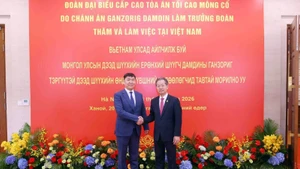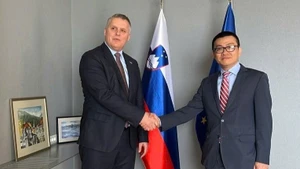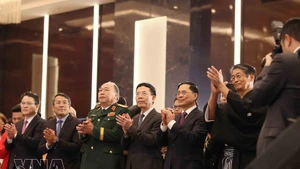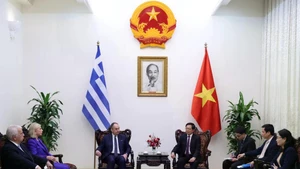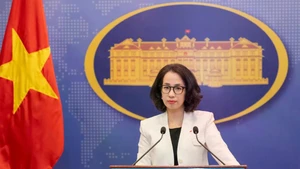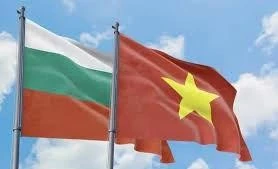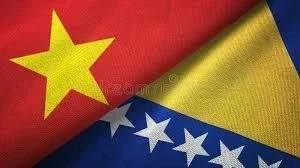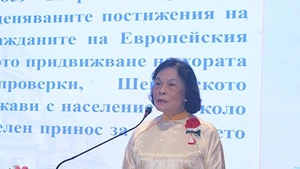Director General of the World Intellectual Property Organisation (WIPO) Daren Tang expressed WIPO’s commitment to partnering with Viet Nam to build a forward-looking knowledge-based economy during an interview recently granted to the press, as part of his working trip to Viet Nam from September 25-26.
Tang lauded Viet Nam’s remarkable socio-economic and cultural transformation over the past eight decades, noting its climb from 76th in the 2013 global innovation rankings to 44th in 2024 - a rare feat. This progress, he said, positions Viet Nam strongly for its next development phase.
To keep the momentum going, Tang called for a concerted push toward research and development, coupled with a focus on cultivating human talent capable of transforming bright ideas into concrete outcomes like jobs, manufacturing, services. The vision he articulated was clear, saying that Viet Nam must pivot from an economy rooted in assembly and agriculture to one fueled by knowledge, where creativity is not just nurtured but monetised.
Reflecting on the evolution of intellectual property (IP), Tang noted that its role has shifted dramatically. IP protection was once all about registering patents, guarding rights; but it is now, in the eyes of both WIPO and Viet Nam, a springboard for commercialisation. “The real question is how to turn an invention into concrete economic results once it is registered,” he said.
To that end, Viet Nam and WIPO are sketching a roadmap, one designed to ferry ideas from the laboratory to the marketplace. Tang envisioned an ecosystem where universities, research institutes, fledgling startups, and corporate giants are stitched together, creating a vibrant network that turn intellectual capital into national wealth.
Raising public awareness of IP’s value is critical, he stressed, citing a memorandum of understanding signed with the Vietnamese Ministry of Science and Technology on September 25 as a vital catalyst for Viet Nam’s next development chapter.
He reiterated WIPO’s pledge to connect Vietnamese partners with businesses. He pointed to WIPO’s ‘Lab to Market’ initiative in Viet Nam, which empowers tech-savvy students to turn their classroom innovations into cash cows and spin off new companies from universities and research hubs.
Tang’s optimism extended to Viet Nam’s ambitions, as outlined in the Politburo’s Resolution No. 57, a sweeping directive focused on breakthroughs in sci-tech, innovation, and digital transformation. With WIPO’s support, he believed, Viet Nam is poised to turn this resolution into reality.
